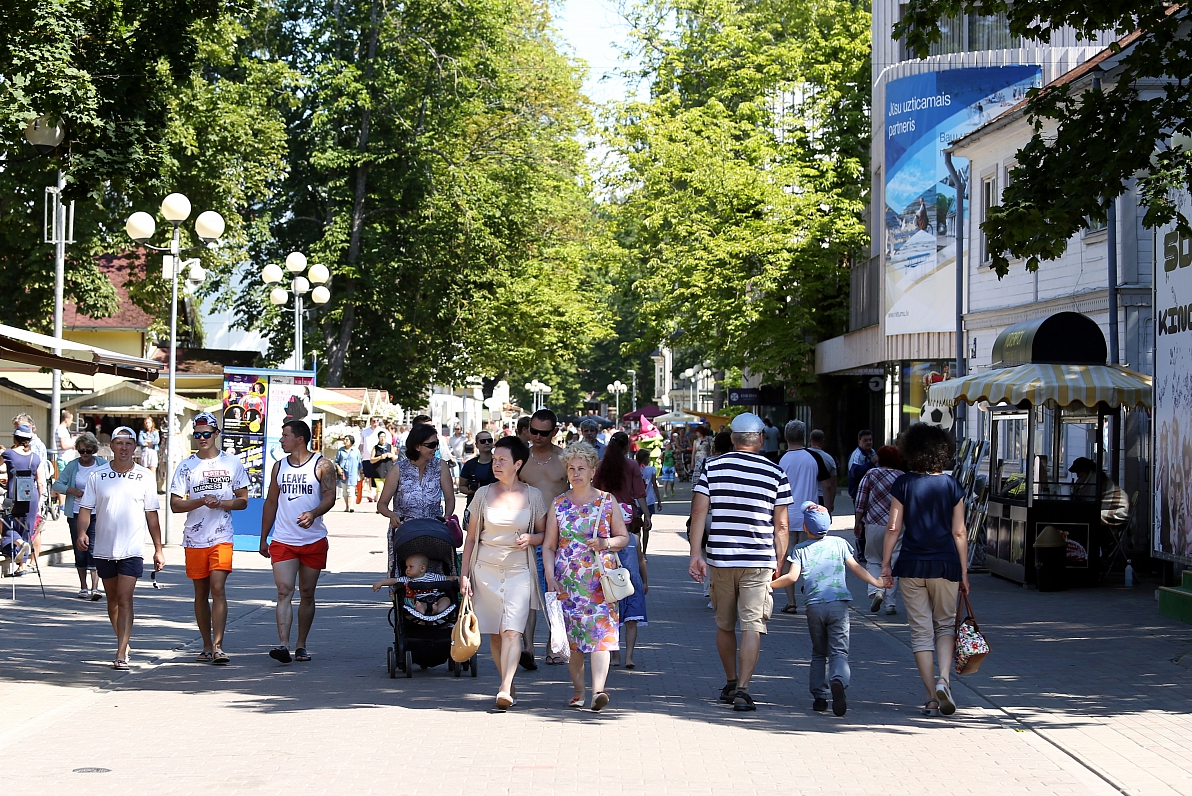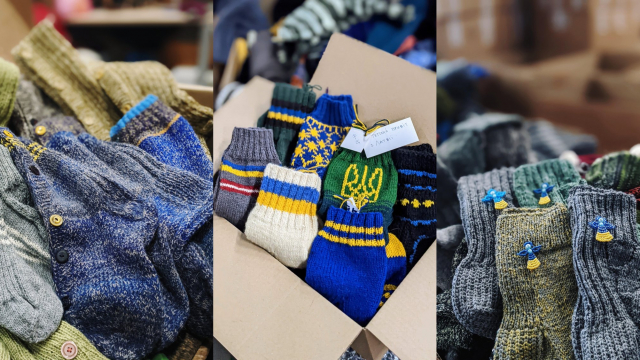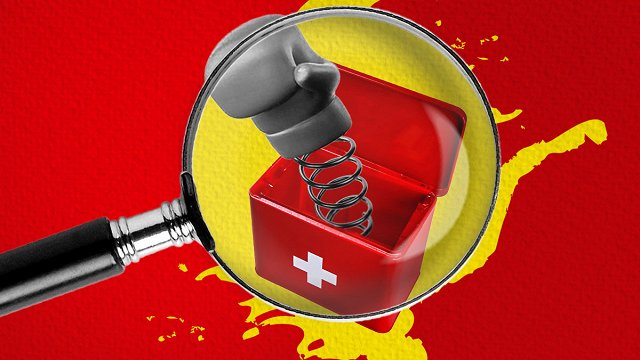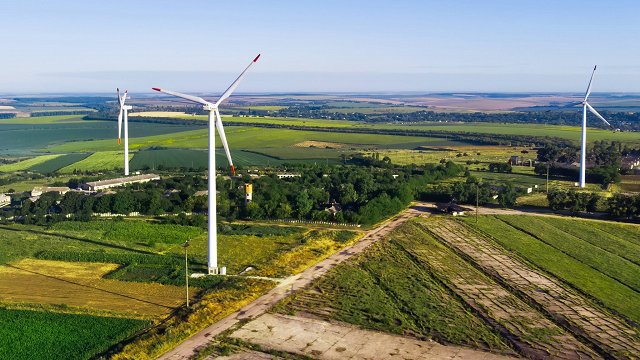The study took place this year, from March 13 to 15, and was carried out by LLC “Kantar”. 1,000 respondents aged between 18 and 75 took part in the survey. The study cost the State Chancellery EUR 3,110 without value-added tax.
34.6% of Latvian residents aged 18-75 have indicated that they feel safe because Latvia is guarded by the NATO alliance. Meanwhile, about a fifth or 22% of the population indicated this year that they feel safe because Latvia invests in defense and security. At the same time, the sense of military threat is growing.
The study indicates that in the spring of 2022, 39.2% of respondents agreed that they feel safe because Latvia does not face a direct military threat, but in March this year only 32.8% of respondents agreed with this claim.
16.9% believe that Putin has no plans to invade Latvia, while 14.5% consider moving to another country because they fear Russian threats to Latvia.
Less than a fifth, or 14.5%, agree that war between Russia and NATO is inevitable over the next few years, while a tenth, or 11.5% of the population, agree that Russia's attack on one of the Baltic States is inevitable over the next few years.
The survey also collected data on people's feelings related to the war in Ukraine.
Half, or 51.5% of respondents surveyed in March, said they had experienced fears over the past week about their own, family, and country's future, with 42.4% experiencing feelings of unpredictability and ignorance, 42% experiencing fatigue, and 39.9% experiencing feelings of powerlessness. Two years ago, all these rates were substantially higher. in spring 2022, fears about the future were indicated by 63.5%, feelings of ignorance were indicated by 61.6%, and feelings of powerlessness were 59.1%. Fatigue was not recorded yet as the war in Ukraine had just begun.
A third (33-34.1%) of the population experienced disgust, anger, frustration, and sadness over the past week in relation to the war in Ukraine. Previously, 51.5% were disgusted, 46% were angered, 44.2% were disappointed and 56.5% were saddened.
Residents' fears are also eased, according to the survey. A quarter, or 27.3% of the population, experienced fear of nuclear war over the past week, while a fifth, or 21.1%, feared an invasion of Latvia by foreign troops. Previously, fear of nuclear war felt 48.1%, while fear of invasion by foreign troops was 46%. However, like in spring 2022, younger residents – 18-34 year-olds, pupils, students, as well as Latvians – have experienced this fear relatively more often. A constant alarm and inability to control anxiety is felt by 20% of those surveyed.
Latvian media information about the war in Ukraine is trusted by 47.5%, Latvian state institutions' information about the war in Ukraine is trusted by 47.4%, while Western state media information is trusted by 43%. About a tenth, or 8.4% of the population, have said they trust Russian state media information about the war in Ukraine.
Just over two-fifths, or 44.7% of the population, admit they are tired of the news of the Russian war in Ukraine, while 43% don't want to know anything about it.




























